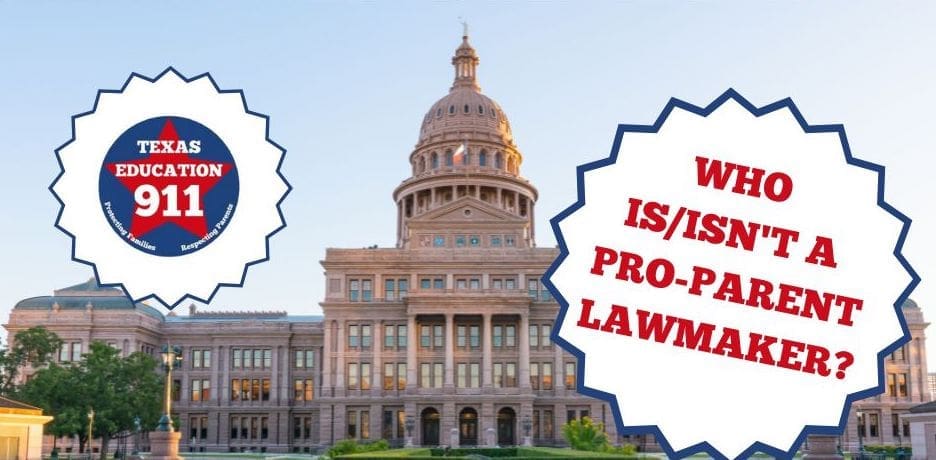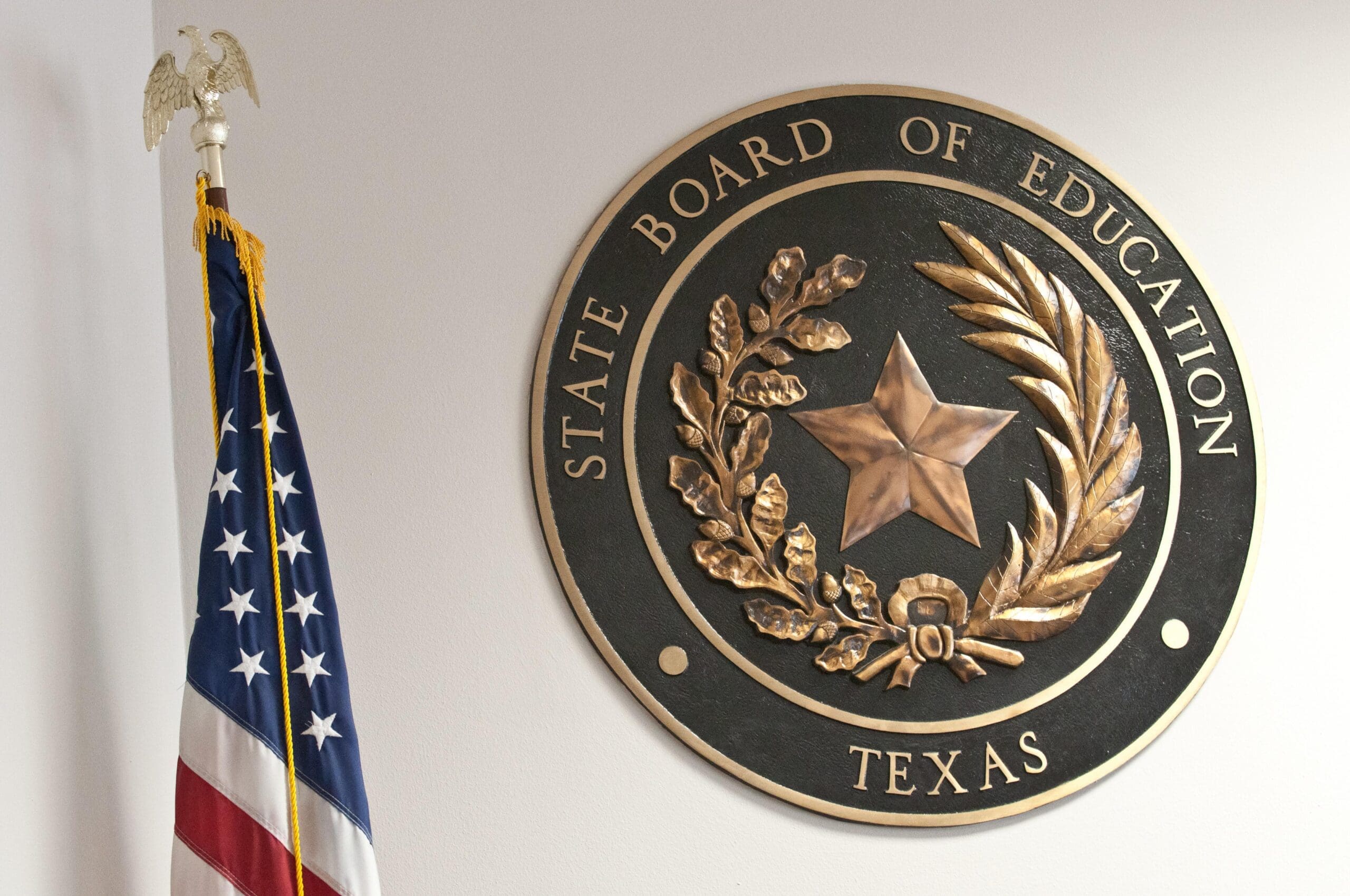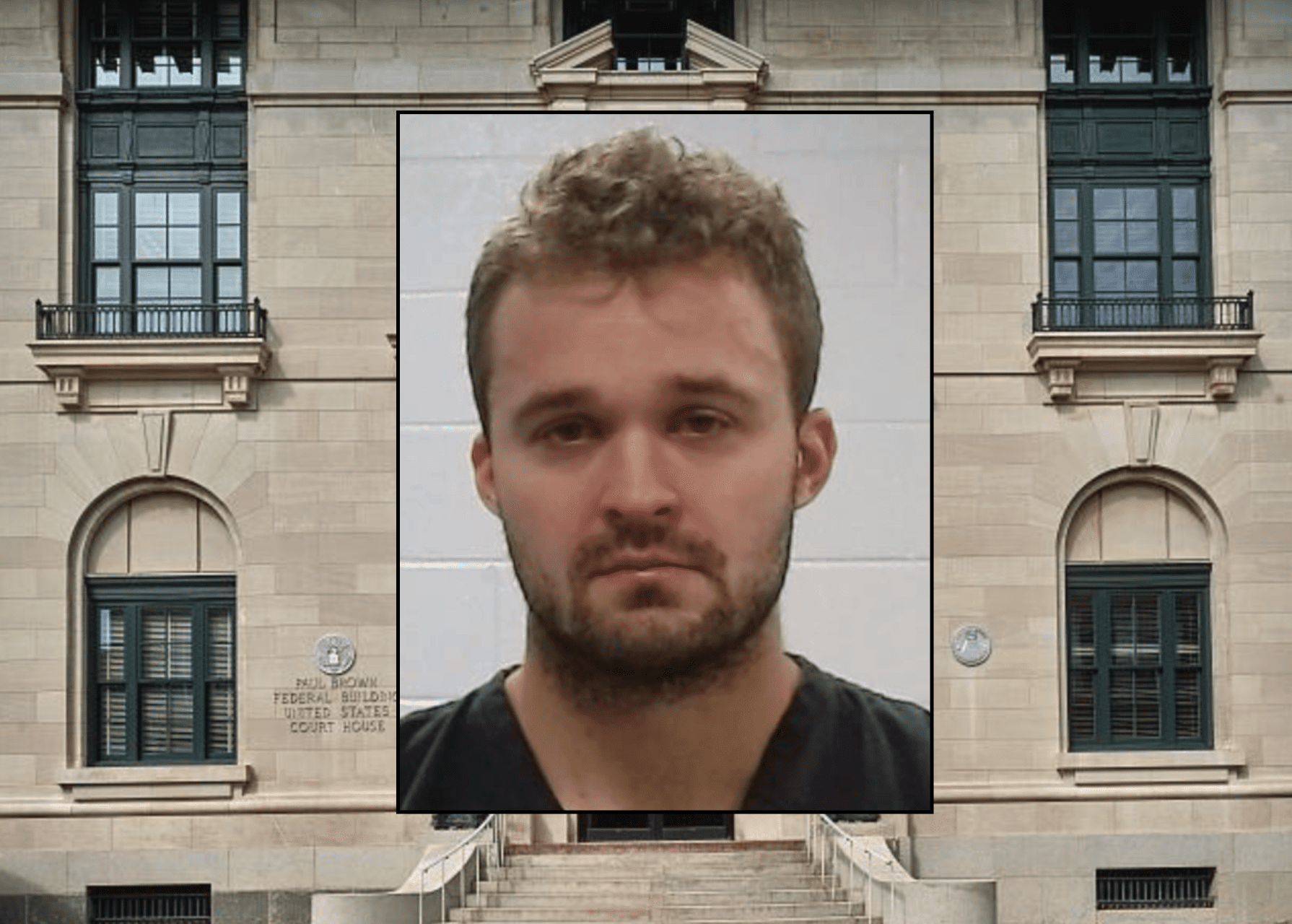While school choice captured much of the attention during the first half of the legislative session, a parent-driven advocacy group has been laser-focused on reforming the existing government education system, which will continue to receive the vast majority of Texas’ 5.5 million students and the largest share of the state’s budget.
With the session drawing to a close, time is now running short.
Texas Education 911, an independent group of parent advocates, first began promoting policy solutions to parent-identified problems within the public school system ahead of the 2023 legislative session.
During the interim, Texas Education 911 volunteers completed a review of educator misconduct reports submitted to the Texas Education Agency and shared the results in a document titled “State-Sponsored Child Abuse.”
The startling analysis documented thousands of reports of physical and sexual abuse and also offered policy solutions to address the systemic abuse.
This session, Texas Education 911 has worked to prepare and promote legislative priorities specifically aimed at protecting children from predators inside taxpayer-funded schools.
They aren’t alone.
Statewide advocacy group Citizens Defending Freedom–Texas has a dedicated education division headed by Frisco parent and conservative activist Shannon Ayres, who is a regular at state legislative hearings as well as local school board meetings.
Members of the Texas GOP subcommittee promoting the Stop Sexualizing Texas Kids priority are also regulars at the Capitol, and much of the legislation they support impacts students in the public education system. State Republican Executive Committeewoman Christin Bentley, who is also a mom and a former teacher, is heading the effort for a second session.
Parental rights groups Moms for Liberty and Moms for America are in the fight too, as is anti-trafficking organization Jaco Booyens Ministries and a host of nonprofits dedicated to promoting family values.
Long-time parent advocates are also testifying for key legislation to protect school children from grooming and abuse by sexual predators, as are parents of abuse victims and victims themselves.
Even a school district police chief, who recently arrested three educators on sexual grooming charges, traveled to Austin and implored lawmakers to address the “epidemic” of sexual abuse in schools.
Priorities and Solutions
Priority: Establish an independent office of inspector general to investigate waste, fraud, and abuse in public education and to hear families’ due process appeals from local school districts.
“Texas Education 911 believes an inspector general can only be effective if it is truly an independent, third-party investigative body,” the group’s president, Aileen Blachowski, told Texas Scorecard. “The school districts and the TEA are often the problem. They cannot be trusted to investigate themselves, especially for allegations of adult-on-student violence or sexual misconduct.”
Solution: Senate Bill 1743 and House Bill 3617 would create an independent inspector general appointed by the State Board of Education with authority to investigate allegations and refer cases to law enforcement and prosecutors.
Lawmakers have not scheduled either of these bills for committee hearings, despite receiving clear evidence of systemic problems in the public school system.
A draft of a larger education bill includes an inspector general appointed by the governor who would have limited authority to investigate parents’ complaints.
“We don’t want another place to complain,” said Blachowski.
Newman International Academy Police Chief Matt Antkowiak told lawmakers that an independent inspector general’s office is needed to address the sex abuse “epidemic that is plaguing our schools.”
Priority: Eliminate governmental immunity for school districts and officials in abuse cases.
Texas school districts and administrators are currently immune from civil liability when school employees abuse students. Texas Education 911 and other advocates believe removing their “sovereign” or “qualified” immunity would motivate district officials to crack down on abuse and deter official coverups.
“We have a systemic problem within the state of Texas and our education system,” said State Rep. Mitch Little (R–Lewisville), who authored legislation to remove governmental immunity in abuse cases. “We are at a crisis in our school system concerning sexual abuse.”
According to Tami Brown Rodriquez with Jaco Booyens Ministries, more than 20 states are considering similar legislation.
“There have to be consequences when school districts thumb their nose at the law,” said Bentley during a meeting with activists this week.
Solution: House Bill 4623 by Little received a committee hearing on April 9 but was left pending.
Priority: Strengthen educator misconduct reporting laws.
“The current reporting system allows offenders to slip through the cracks,” Bentley told lawmakers during a committee hearing on the issue. She cited the increasing number of educators charged with sex crimes, including repeat offenders.
She and other advocates want to require superintendents to report sexual misconduct to outside law enforcement, to report allegations immediately instead of within seven days as currently allowed, and to include additional private and public school employees and contractors in the reporting and tracking systems.
Ayres testified to lawmakers that schools often report sexual abuse of students to district police who report to the superintendent, which “almost never results in the justice for the child victim, and almost always prioritizes the district’s reputation over student safety.”
Solution: Senate Bill 1224 would require superintendents to report allegations of sexual misconduct within 48 hours directly to outside law enforcement. Superintendents who fail to comply would face a state jail felony and an administrative penalty of up to $10,000. SB 1224 is awaiting a vote in the Senate.
Priority: Eliminate “obscenity exemptions.”
Advocates have fought for years to eliminate affirmative defenses in state law that allow adults to expose minors to harmful sexual content for “educational” purposes. More than a dozen bills were filed last session to close these loopholes, but none received a hearing.
Solution: Senate Bill 412 and House Bill 267 would close the obscenity loopholes.
SB 412 passed the Senate and awaits action in the House Calendars Committee. HB 267 is set to pass the House on May 1.
Priority: Require parental permission before exposing students to sex education or psychological tests, or treatments.
Legislation addressing these issues was considered last session but did not pass both chambers.
Solution: Senate Bill 371 would reinstate parental opt-in for sex ed. Senate Bill 400 and House Bill 497 address testing and treatments. All three measures are working their way through the legislative process.
Priority: End the use of nondisclosure agreements to silence sexual abuse victims.
School districts often settle sex abuse cases and require victims to stay silent as part of the settlement, hiding the crimes from the public. Advocates argue such secrecy benefits predators and puts schools’ reputations above student safety.
Solution: House Bill 748, known as Trey’s Law, would make unenforceable provisions of nondisclosure agreements that prohibit parties from revealing information about the abuse. The bill unanimously passed the House but is stalled in the Senate.
Priority: Strengthen school library standards to exclude sexually explicit materials.
Solution: Senate Bill 13 builds on legislation passed last session to keep sexually explicit books out of school libraries. It has passed the Senate but awaits House action.
These and other proposals supported by parents, advocates, and abuse victims aim to make Texas public schools live up to their frequent claims that “student safety is our top priority.”
Advocates are working to advance as many priority bills as possible or add provisions to other bills that are still being amended.
However, with just a few weeks left in the legislative session, many reforms may not make it through the process.
The regular legislative session ends on June 2.





